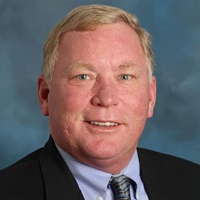Patrick Misdemeanor Lawyer, South Carolina
Not enough matches for Patrick Misdemeanor lawyer.
Below are all Patrick Criminal lawyers.
John M Ervin III
✓ VERIFIEDCriminal, Litigation
John Ervin began his legal career as a law clerk to Circuit Judge Sydney Floyd in 1985. He returned to Columbia, SC and began prosecuting drug cases a... (more)
Allison Ivey Truitt
Consumer Rights, Bankruptcy & Debt, Criminal
Status: In Good Standing Licensed: 9 Years
Andrew Mcleod Privette
Accident & Injury, Criminal, Estate
Status: In Good Standing Licensed: 11 Years
Charles Heath Ruffner
Wrongful Termination, Child Custody, Criminal, Bankruptcy
Status: In Good Standing
David Hewitt Moyd
Accident & Injury, Divorce & Family Law, Criminal, Traffic
Status: In Good Standing


